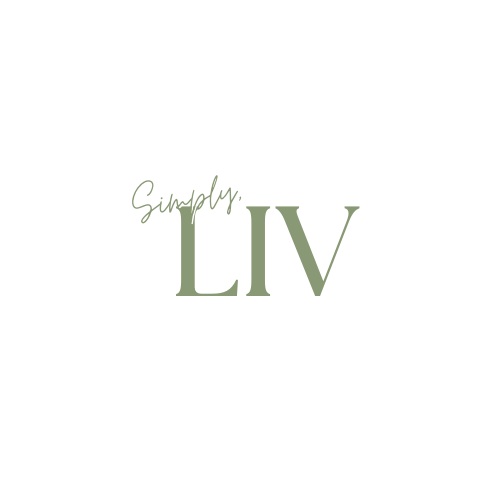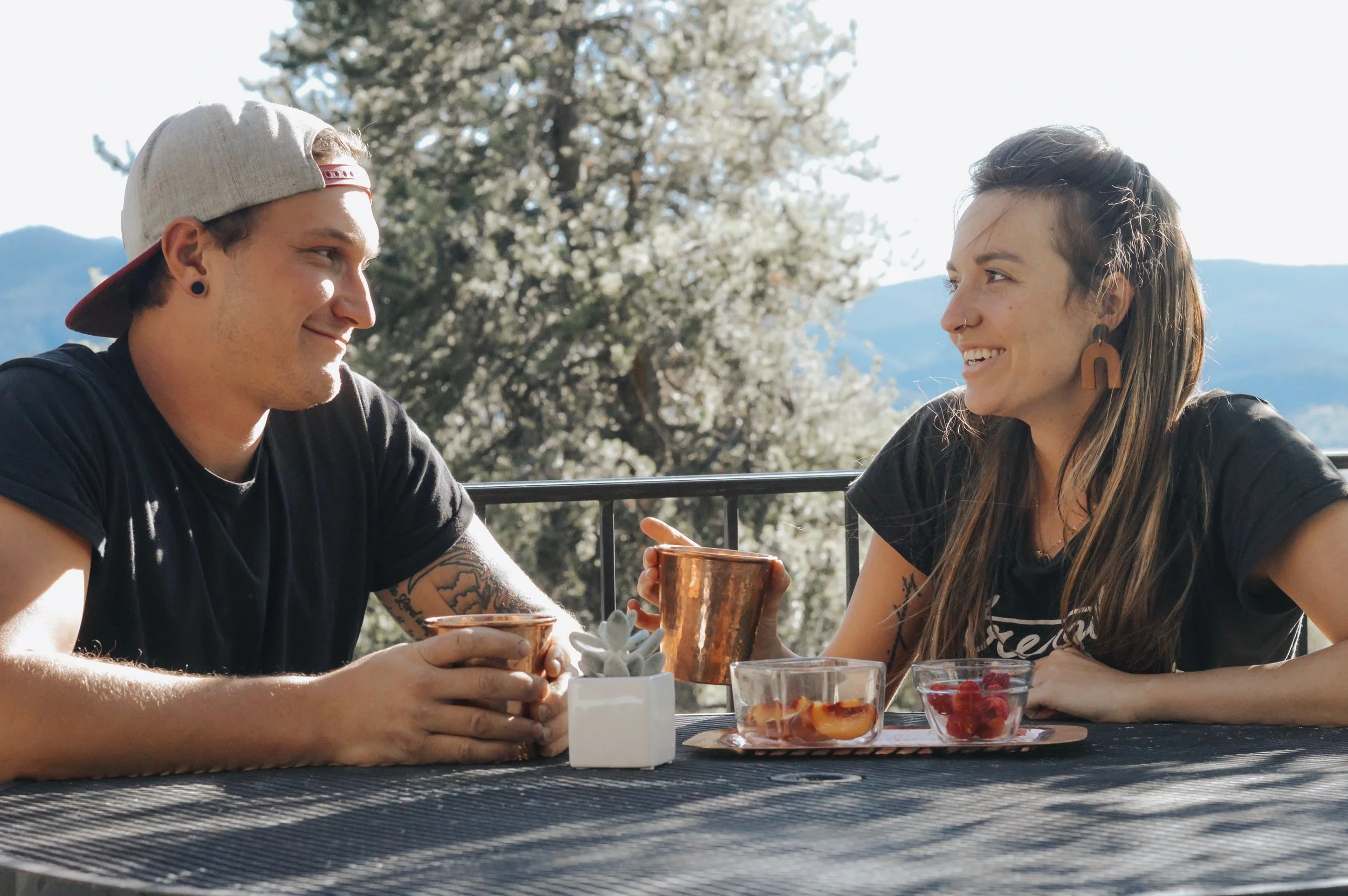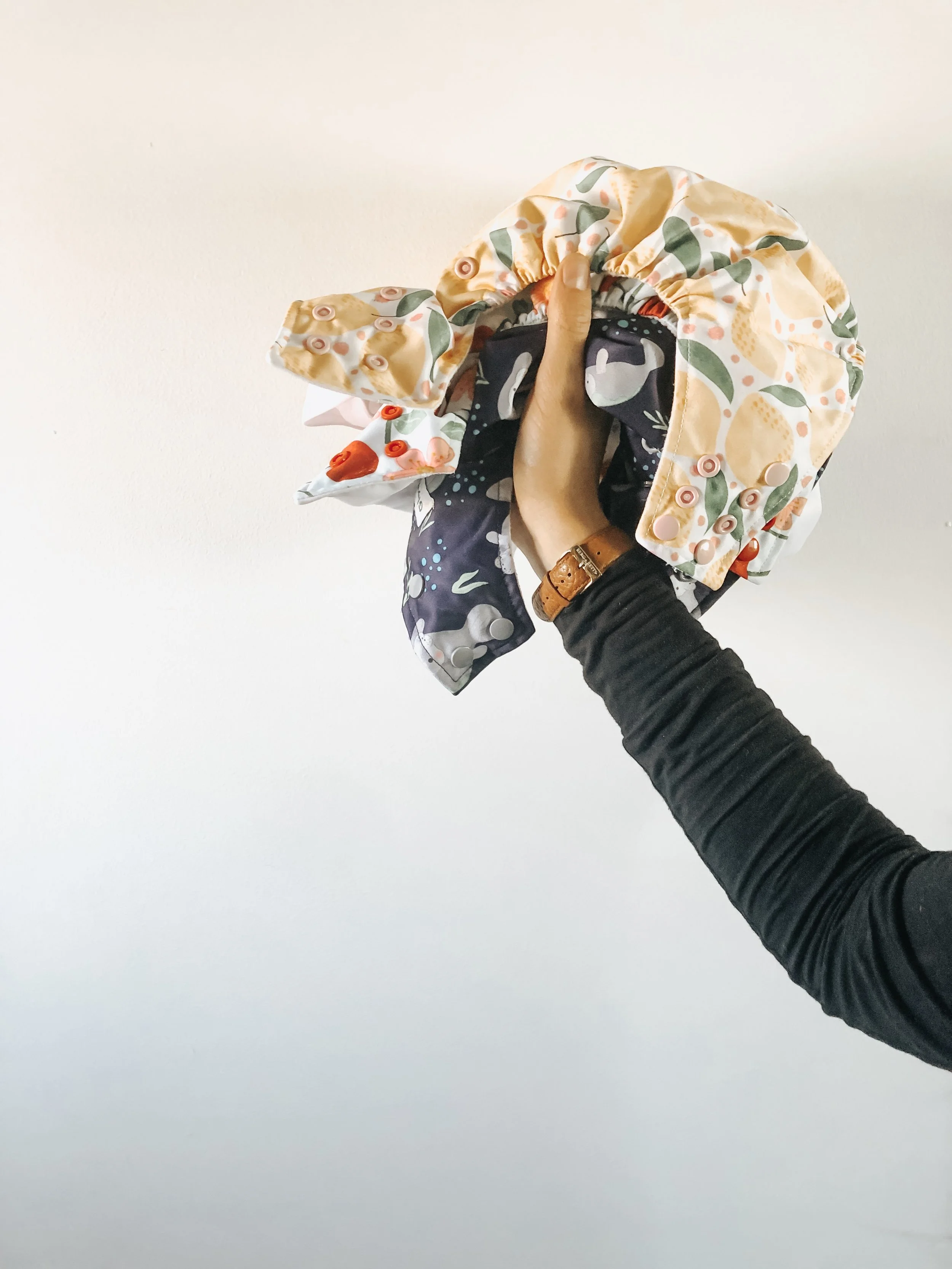Conscious Consumerism || How to Tell if a Brand is Ethical (+ an outreach template)
In my “line of work” I get to interact with a lot of brands and brand owners. I see the great, the bad, and the ugly and have gotten pretty good at spotting when a brand isn’t really living up to their claims of sustainability/ethical-ness.
Even still, it can be hard to wade through the murky waters of ethics and shopping when you aren’t sure what to look for or even what an ethical brand “should” be saying. This post, I hope, will be a reference for that. I’ll share my tips — learned over three years of collaborating with brands, making mistakes, and finding some gems — for spotting green washing, a quick run down of what to look for in a truly ethical and sustainable brand that’s deserving of your support, and at the end, I’ll share a template that you can download and use to reach out to brands yourself when their website doesn’t give you enough information to go on.
An important disclaimer before I jump in: the realm of ethics/sustainability is incredibly NOT black and white. It’s full of opinion, perspectives, layers that consumers often don’t see, and steps. Being a sustainable brand isn’t easy in today’s convenience, consumer-driven world, and brands who value eco-friendliness and supply chain transparency often have to do so in small steps, instead of all at once. I’ve learned to give grace and celebrate small but important steps. I hope this guide will give you the confidence to do the same and to learn the difference between greenwashing and “green-doing”.
Important Terms
Ethical: Ethical fashion as a term typically references humanitarian issues like worker’s rights, pair pay/living wage, fair hours, factory/field safety etc. Brands who claim to be “ethical” are usually saying that they care for the people who make their clothes whether it’s garment factory workers in a different country or at-home seamstresses (but remember that just because they use the word, doesn’t mean they actually are…).
Sustainable: Sustainability refers to the way a brand tries to minimize their carbon footprint, or their impact on the planet. This encompasses A LOT and the most common areas are things like packaging, dyes, fabric composition, shipping, factory energy, water use, and more.
Supply chain: This is the journey a garment takes to become a piece of clothing. The supply chain can (and should) be traced back all the way to where the fabrics are grown/made to who is doing the sewing/growing, to who is packaging orders, and who is getting the money. It’s a “seed to shirt” mentality that, sadly, most brands aren’t very transparent about.
Greenwashing: Greenwashing is when a brand “whitewashes” their unethical behavior with buzz words. Sustainability especially is having a moment in the green-washing world. Spotting green-washing takes a lot of research and awareness as a consumer, because at face value, it isn’t always easy to spot.
Transparency: I share this term because, although the word itself is easy to understand, most brands use it as a buzz word. True transparency should entail sharing where their factories are, who audits them/when they’re audited, how much their employees/workers make, where their fabric is sourced, what their pieces are made of….if this isn’t listed on their website or code of conduct, it’s time to reach out.
Common certifications: certifications are helpful for discerning a bit of a brand’s ethics because in order for them to earn the certifications, they usually have to uphold a certain set of ethics/practices. However, certifications can be expensive and therefore inaccessible for smaller brands and startups, so don’t write off a smaller brand as unethical or non-sustainable just because they don’t have a list of certifications. Conversely, just because a brand uses GOTS Certified cotton or is a B-Corp, it doesn’t mean that they’re truly as ethical as they should or could be.
Greenwashing 101
Watch out for buzz words. When a brand uses words like “ethical” or “sustainable” but has no actual FACTS or SPECIFICS to back it up, be wary. My rule of thumb is that brands who are truly ethical/sustainable will be excited to share and will probably give more details than most.
Think holistically. Great, a brand uses organic cotton or Tencel. But do they share where their pieces are made? Do they disclose who audits their factories? Employee base-line wages? Brands worth supporting will think through a holistic lens when they’re building their brand, not just focusing on one aspect over another.
Don’t accept their bio at face value. It’s really easy to write a catchy byline or “about us” page that doesn’t really give you any details or specifics about what ACTUALLY makes their brand ethical. For example….
“Modern apparel for the eco-conscious woman. Made ethically in LA.”
I just made that up, but it' doesn’t really tell you ANYTHING about the brand. Cool, they use good words, but they don’t have any specifics there. Most websites will go into more detail elsewhere through back links, blog posts, or even more details on their about-us page. If not, you have an easy jumping off point when you email them to ask for more info!
What to look for in an ethical brand
Ideally, a brand will check boxes in all of the categories: ethics, sustainability, supply chain transparency…when a brand is overly transparent and making an effort in all three aspects, I know I’ve found a winner. Keep in mind that the perfect brand doesn’t exist, but there are PLENTY of brands worth supporting who work hard to be transparent and do things right. Take a peek at ROUND PLUS SQUARE’s “About Us” page for an example of what I love to see. Sure, there aren’t links to factories or wages, but they’re extremely detailed and transparent. Through working with the brand for nearly six months, I also know that they’ll be quick to offer up any additional info needed, because the brand’s founder works incredibly close through each step of the process.
Here’s a quick list of things I check for when I’m deciding whether to pursue a collaboration or buy from a brand:
Do they use natural fibers or are they moving towards use of plant-based, organic materials. See my guide to sustainable textiles here for more info on what to look for.
Do they say where their clothes are produced? Who they support through their production?
Do they note anything about their factories/is there an audit process? (This isn’t super common, but an ethical brand should be able to tell you more info without a problem).
Sample “outreach template”:
To (Brands name, contact email/point person,…)
My name is (…) and I’m reaching out with a few questions about your brand. I love your aesthetic and have had my eye on (…), but before I add it to my closet, I’d love to learn a little bit more. I’ve committed to only shopping from brands who are as ethical, transparent, and sustainable as possible and in my research, I couldn’t find any information about (…anything from sourcing to material use to factories to wages…) on your website. Could you tell me a bit more about (…)?
I try my best to make informed purchases and hope that you would value the same.
Thank you for your time!
Sincerely,
A hopeful customer (or your name)
See? Easy-peasy.
As intimidating as it can be, I always preface my emails with the internal reminder than brands are made up of real people — most of whom are just doing their best. Your email should be met with some kind of response, and if its not, you don’t want to buy from them anyway ;) Once you have your “foot in the door” with an initial email, you’ll be able to tell if the brand is just glazing over green-speak (ie. greenwashing) OR if they can give you the specifics you’re looking for.
As always, email me with any questions or responses you aren’t sure about. I would LOVE to hear how reaching out goes for you.
Good luck!






